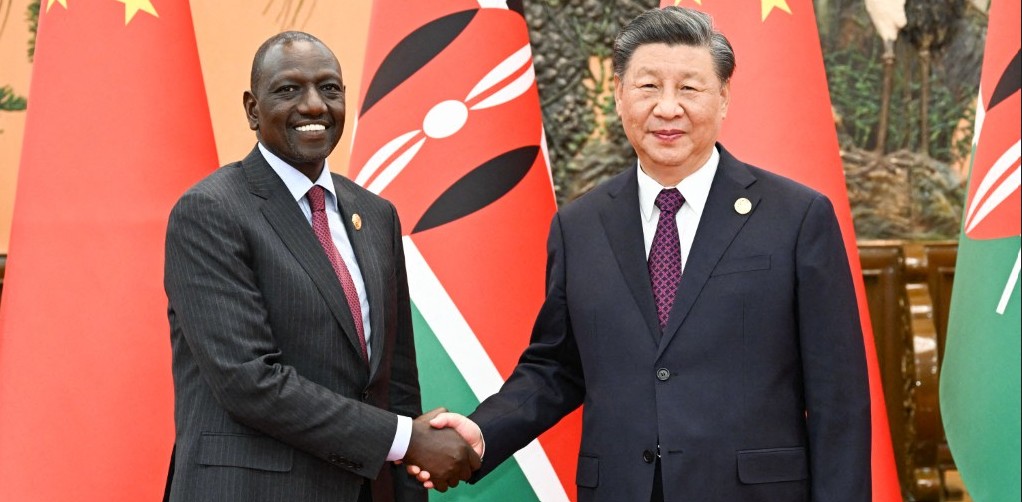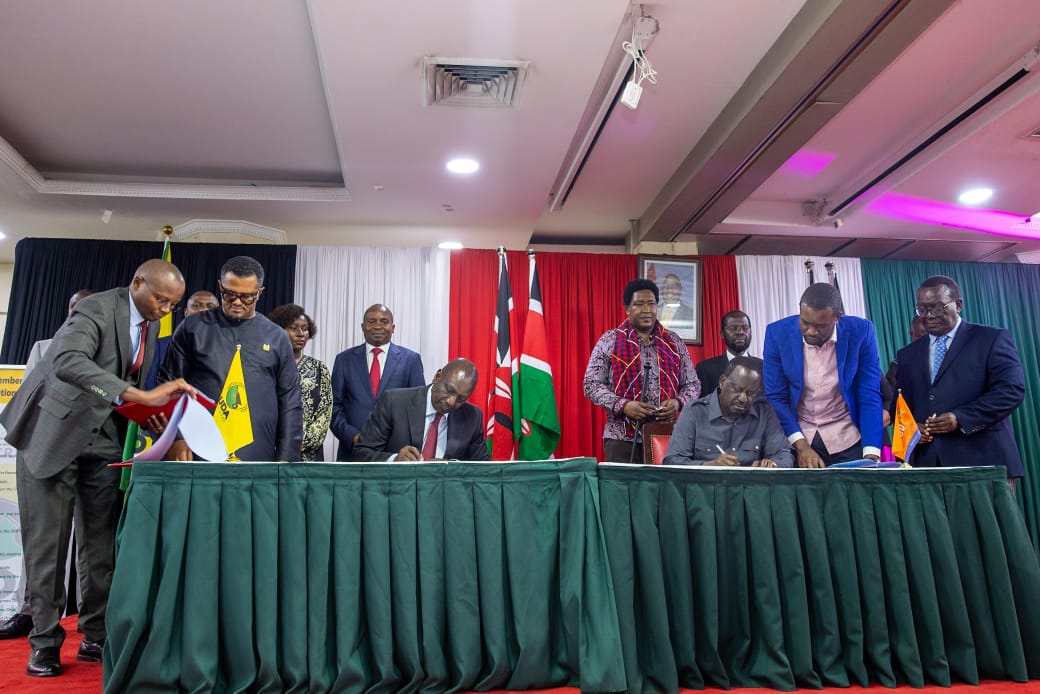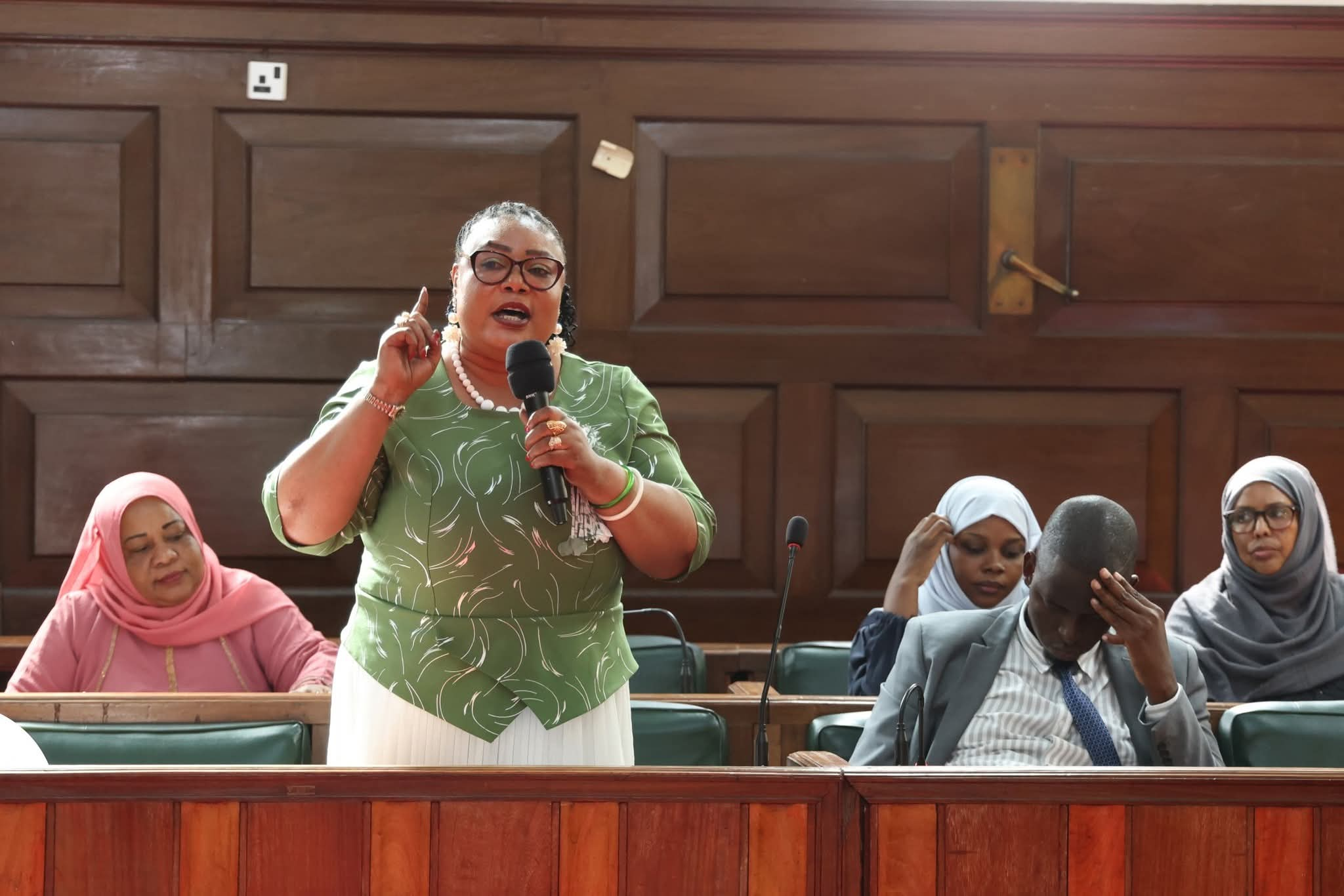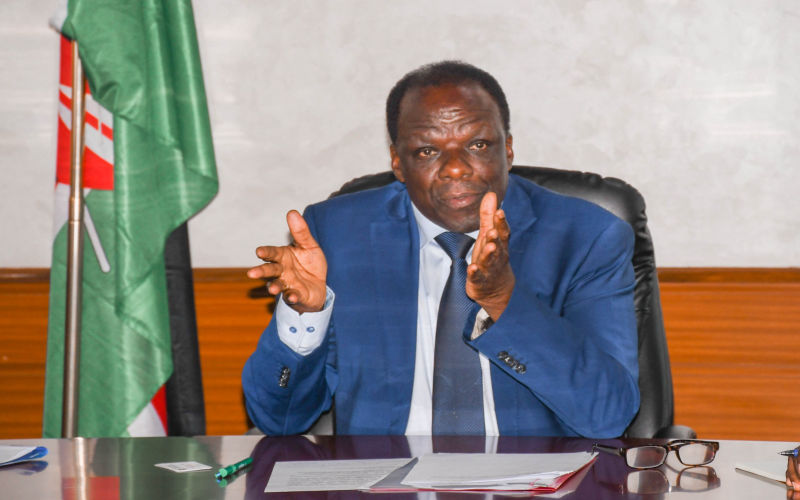AfDB, ILO unveil youth-centred investment system to spur recognition, inclusion
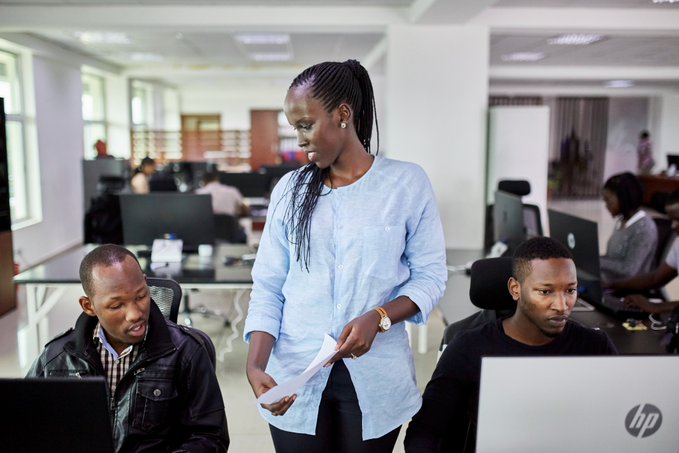
Dubbed the ‘Youth, Jobs and Skills Marker System, the scheme is designed to embed youth employment, entrepreneurship, and market-relevant training within all AfDB-funded projects across the continent.
In marking this year’s World Youth Skills Day on July 15, a section of stakeholders has renewed their focus on empowering Africa’s youth through transformative policies and investment reforms.
Recognising the urgency of addressing youth unemployment and skills gaps, the African Development Bank (AfDB) has unveiled a new system to prioritise youth in development financing across the continent.
More To Read
- Kagame lauds Aliko Dangote’s push for African-led development
- AfDB powers regional growth with Sh67.7 billion clean energy investment in Tanzania, Rwanda and Zambia
- AfDB: Kenyan women left behind in green energy transition amid Sh96 billion financing gap
- AU Commission finalises leadership team at Malabo meeting after months-long delay
- KIPPRA flags job creation as key concern despite Kenya’s economic growth
- Kenya must raise Sh1.6 trillion by 2030 to achieve SDGs, African Development Bank report reveals
This is in collaboration with the International Labour Organisation (ILO), which is tasked with providing technical support for the system's development.
Dubbed the ‘Youth, Jobs and Skills Marker System, the scheme is designed to embed youth employment, entrepreneurship, and market-relevant training within all AfDB-funded projects across the continent.
These priorities are structured around three key focus areas: youth, skills and jobs.
The youth component aims to support youth-led micro, small, and medium-sized enterprises through targeted investments and integration into development operations.
Skills focus seeks to expand access to practical, market-relevant training and apprenticeships to improve career opportunities.
On the other hand, the jobs pillar is designed to ensure that projects funded by the bank generate sustainable employment opportunities.
This is particularly by developing youth skills for employability and the promotion of youth-led businesses in priority value chains.
Nevertheless, the initiative also features a real-time digital dashboard to track and assess youth-focused outcomes.
Ideally, projects across critical sectors such as agriculture, energy, water, transport, and education will now be assessed for their impact on youth employability and enterprise creation, ensuring that no development investment leaves young people behind.
According to the lender, a pilot version of the System is already underway ahead of full-scale implementation in 2026.
ILO’s Director of Multilateral Partnerships and Development Cooperation, Peter van Rooij, endorsed the initiative and emphasised its importance.
“The initiative is very important because it allows us to significantly contribute to the United Nations Sustainable Development Goal 8, which includes decent work for all,” Rooij said.
Each year, approximately 10 to 12 million young Africans enter the labour market, which provides only about three million formal jobs, leaving a significant employment gap among the youth.
Data by the Federation of Kenya Employers (FKE) shows Africa has a population of almost 200 million people aged between 15 and 24, a category that makes up 40 per cent of the workforce, and 60 per cent of the unemployed active labour force.
According to the Federation, this number is expected to double by 2045, bringing a big challenge to African economies since high youth unemployment is an impending threat to stability in Africa.
With the new system, however, AfDB is confident that it will prioritise youth entrepreneurship and mobilise private sector partnerships to enhance industry-oriented skills training and promote job creation over the coming decade.
Top Stories Today




